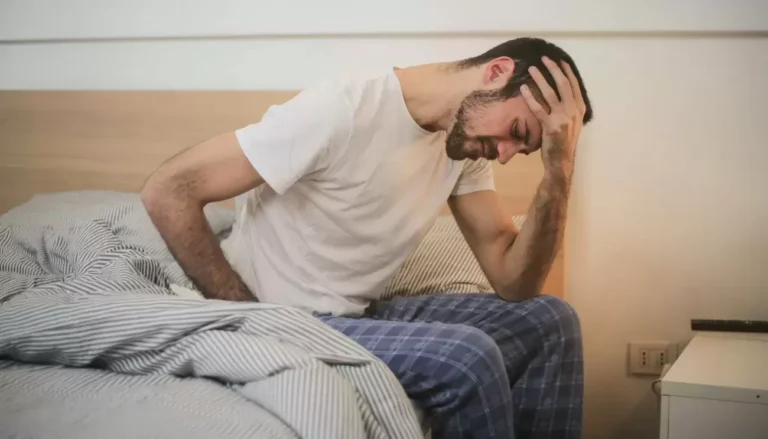
As you work with your therapist or doctor, you should begin to feel gradual relief from your distress, develop self assurance, have a greater ability to make decisions and experience increased comfort in your relationship with others. At times, therapy may be painful and uncomfortable but episodes of discomfort can occur during the most successful therapy sessions.
If you feel you are not getting results or don’t feel comfortable with the therapist, it may be because the treatment you are receiving is not the one best suited to your specific needs. First, discuss these concerns with your therapist. A competent therapist will be eager to discuss your reactions to therapy and respond to your feelings about the process.
If you are still dissatisfied and have other options in your community, try to arrange a consultation with another therapist to help you decide whether to change therapists. The resources listed on Mental Health America’s Finding Therapy page can help you find another mental health professional.
If you are dissatisfied with the mental health services you are receiving from a community mental health center, you can request a consultation with or a change to another therapist. If you are still not satisfied, ask to speak with the center’s administrator.
If you feel your therapist is violating professional standards or ethics there are regulatory agencies in every state that assist consumers in these types of situations.
- The Protection and Advocacy (P&A) office investigates complaints about mental health treatment in public and private facilities including hospitals, nursing homes, community facilities, board and care homes, homeless shelters, jails, and prisons. Find your state P&A office via the Substance Abuse and Mental Health Services Administration’s National Mental Health Information Center (SAMHSA) Services Locator to access the State Resource Guide for your state.
- To complain about a mental health professional in private practice, contact your state licensing board. State licensing boards’ contact information can be found using the SAMHSA Services Locator to access the Mental Health Services Directory for your state. Your state Protection and Advocacy office may also be able to provide contact information for the appropriate licensing boards.

